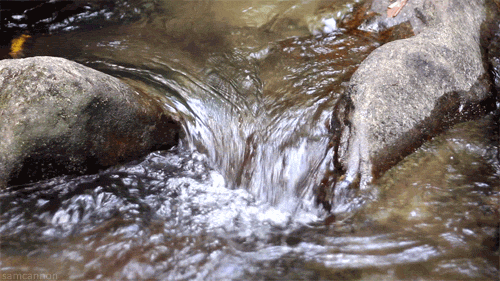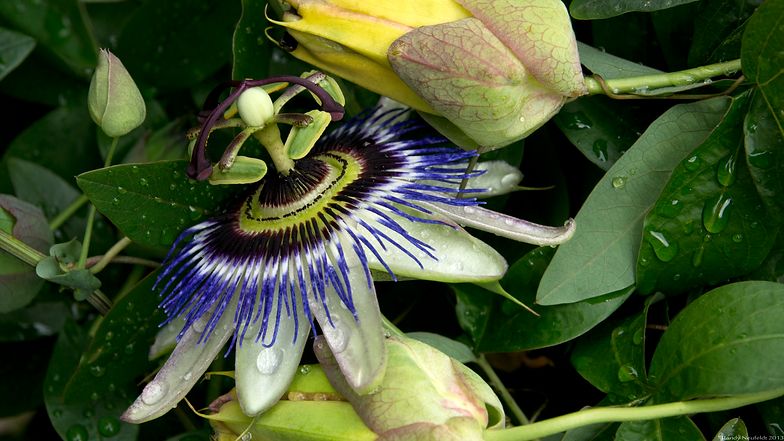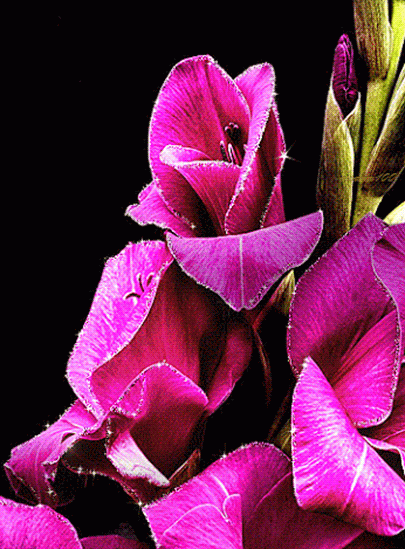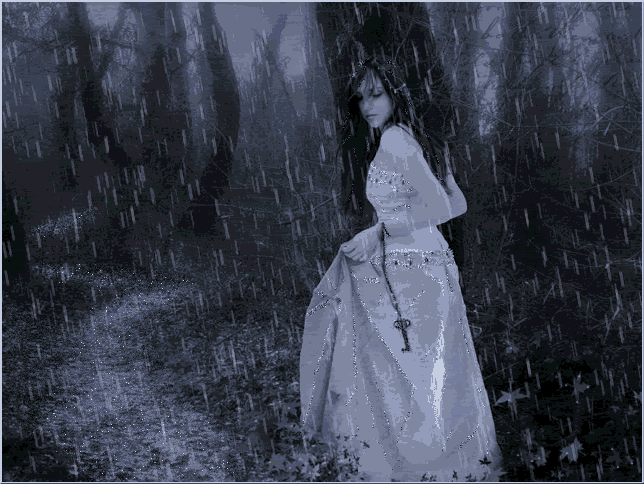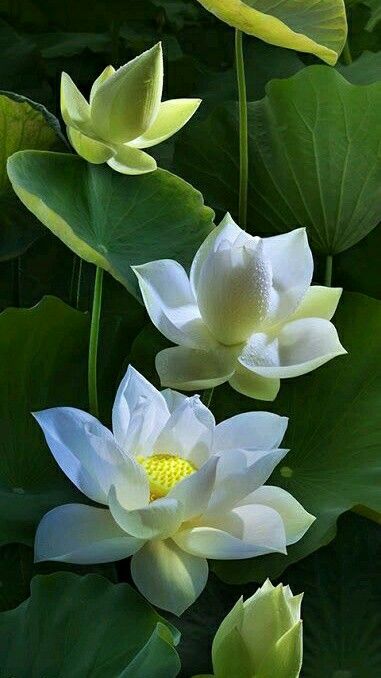The meanings of offerings to the Buddha
By Essence of Buddhism | September 28, 2013
Here, we are offering the best of ourselves to something higher than us – so that we can one day, aspire to become like that too!
The act of offering is an act of dana – an act of generosity. So it’s an emotional and physical expression of our reverence:
- To the Buddha himself – the Perfectly Enlightened One
- To the Dharma – the Truth – sometimes we place holy Sutras and Mantras on altars to pay our respects to the wisdom elucidated within those sacred teachings.
- [To the Buddhist monks], To the Noble Enlightened Ones like the Bodhisattvas – like Gwan Yin Bodhisattva who is a symbol of Great Compassion
What sorts of things do we usually offer?
Flowers
Flowers are the most beautiful things in the world, so here, we are offering the most beautiful things in the world to the Buddha. And when they fade, it is also a reminder that things of the world also fade – so it’s reminds us of the teaching that “Whatever is of the nature to arise is also of the nature to cease”. But in general, we want to offer the most beautiful things in the world to the Buddhas and Bodhisattvas anyway! Continue reading





